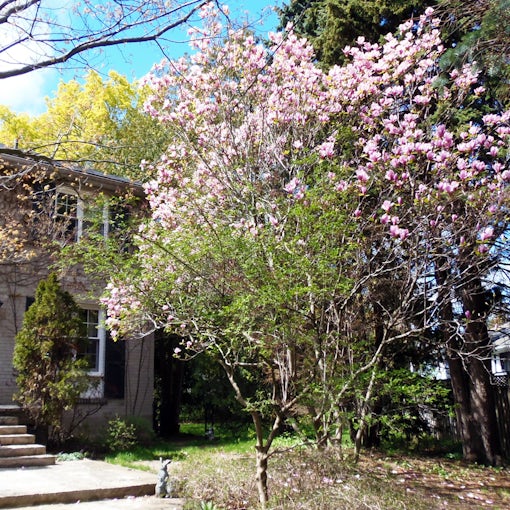Terry Lucking owner of one of Cambridgeshire’s most successful letting agencies and buy to let advice centres looks at the meanings of property investment Yield.
The question most property investors ask me when they have found a property is “what is the yield?” But when I ask an investor do you mean gross yield or the yield on the capital of you are going to invest many are not sure and really don’t understand the question.
Many investment agents and estate agents look at the gross yield. It is easy to refer to and can give a good steer as to the overall financial performance of the potential investment but it is far from an accurate way of selecting a property for investment.
Gross Yield is the annual rent as a percentage of the total value of the property. Example;
Annual Rent £7200 : Property Price £100k : Gross Yield is 7.2%
Measuring Gross Yield doesn’t take into consideration the very different ‘variables’ that each property can have. High value ‘variables’ can turn what seems like a great investment into a bad one. The areas where ‘variables’ vary most widely are:
- Voids between tenancies
- Tenants not paying rent
- Property maintenance
- Leasehold charges
- Low energy performance rating
Clearly the cost of running each property will be different so using Gross Yield alone is not enough to form a decision to buy or not to buy.
I advise investors to look at what the annual projected net taxable profit is as a proportion of their cash investment. Whilst this is not 100% accurate it is a far more scientific way of measuring the projected financial performance of an investment. I call this pre tax income on capital employed.
To calculate pre tax income on capital employed divide the net annual rent after deduction of all operating costs (example listed below) in to the actual capital you plan to use for the deal (known as capital employed)
Typical operating costs are:
- Mortgage interest
- Buildings and landlords contents insurance
- Tenancy default insuranceLetting and management fees
- Periodic safety tests
- Repairs and maintenance
- AccountantsService and block management charges
Using this method of assessing the financial performance of an investment your are more likely to
- Make your capital work and produce a good annual income
- Benefit from longer term capital value growth
Free Advice
Terry Lucking is the owner and director of Belvoir Cambridge and Belvoir Peterborough. Terry is willing to help advise investors and landlords offering free pre purchase visits and rental assessments.
Belvoir Cambridge and Belvoir Peterborough are accredited and regulated agents. Members of ARLA, Safe agent, Safeagent and the Property Ombudsman. It is a requirement for a member of ARLA and Safe Agent to have Client Money Protection and have their accounts independently audited annually.
If you are considering using an agent that isn’t a member of Safe Agent or ARLA ask yourself a question – would you think would visit a doctor who wasn’t qualified?
This article was prepared and written by Terry Lucking owner of Belvoir Lettings Peterborough and Cambridge.
For more information or to ask Terry a question send an email to terry.lucking@belvoirlettings.com









